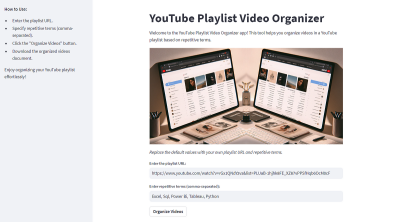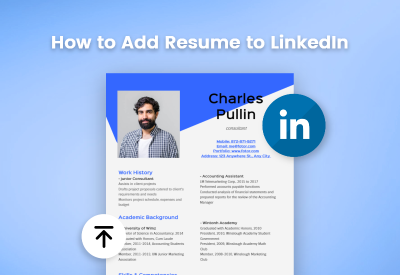In the world of "Attack on Titan," Eren Yeager undergoes a profound transformation that leads to one of the most catastrophic events—the Rumbling. As the story unfolds, it's impossible to ignore the emotional turmoil and regret Eren experiences in the wake of his actions. In this exploration, we’ll delve into Eren's complex feelings towards the Rumbling and how these emotions shape the narrative and his character development.
Understanding the Rumbling
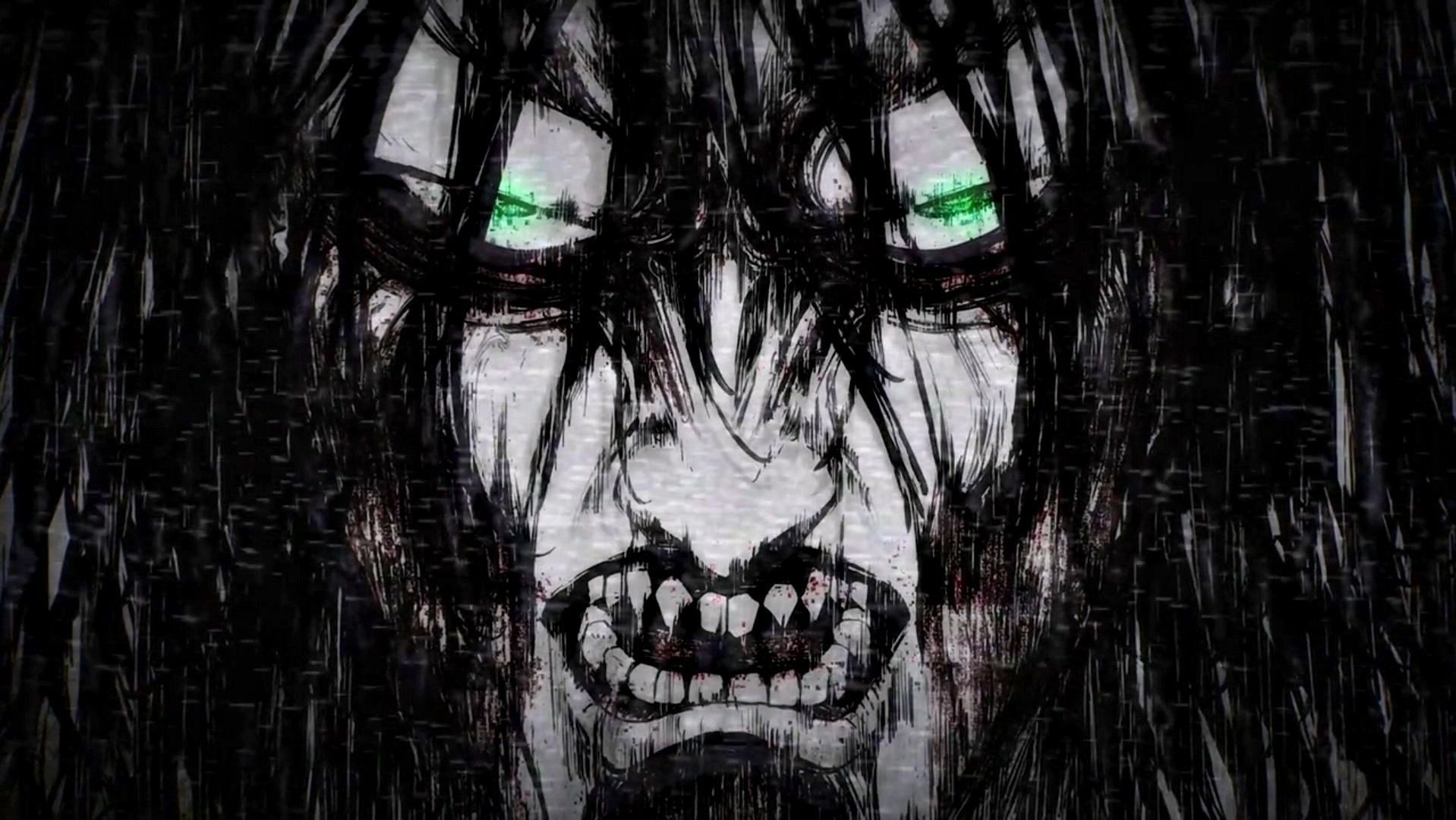
The Rumbling is a game-changing event in "Attack on Titan," and it profoundly alters the dynamics of the series. But what exactly does it mean? In simple terms, the Rumbling involves unleashing the Titans that reside within the walls of Paradis Island, leading to widespread destruction as these colossal beings march towards the world outside. Eren Yeager, who once fought against the Titans, finds himself orchestrating this calamitous event, pushing the boundaries of morality and justice.
To understand the Rumbling better, let’s break it down:
- Origin: The Rumbling is rooted in Eren's quest for freedom and survival for his people. It serves as a last resort against the perceived threats from the rest of the world.
- Execution: Eren activates the Rumbling through the power of the Founding Titan. This power allows him to control countless Colossal Titans, who then wreak havoc on cities and civilizations beyond Paradis Island.
- Consequences: The immediate effects are devastating: millions of lives are lost, and entire cultures are destroyed, leading to massive ethical dilemmas and conflicting emotions in Eren himself.
Ultimately, the Rumbling represents both a tool of liberation and an agent of tremendous tragedy. Eren's decision to proceed with it significantly impacts not only the world around him but also causes a whirlwind of regret and self-reflection, which we will further explore. Understanding the Rumbling is crucial in dissecting Eren's emotional response, and it sets the stage for the internal conflict that defines his character as the story unfolds.
Eren's Motivations Before the Rumbling
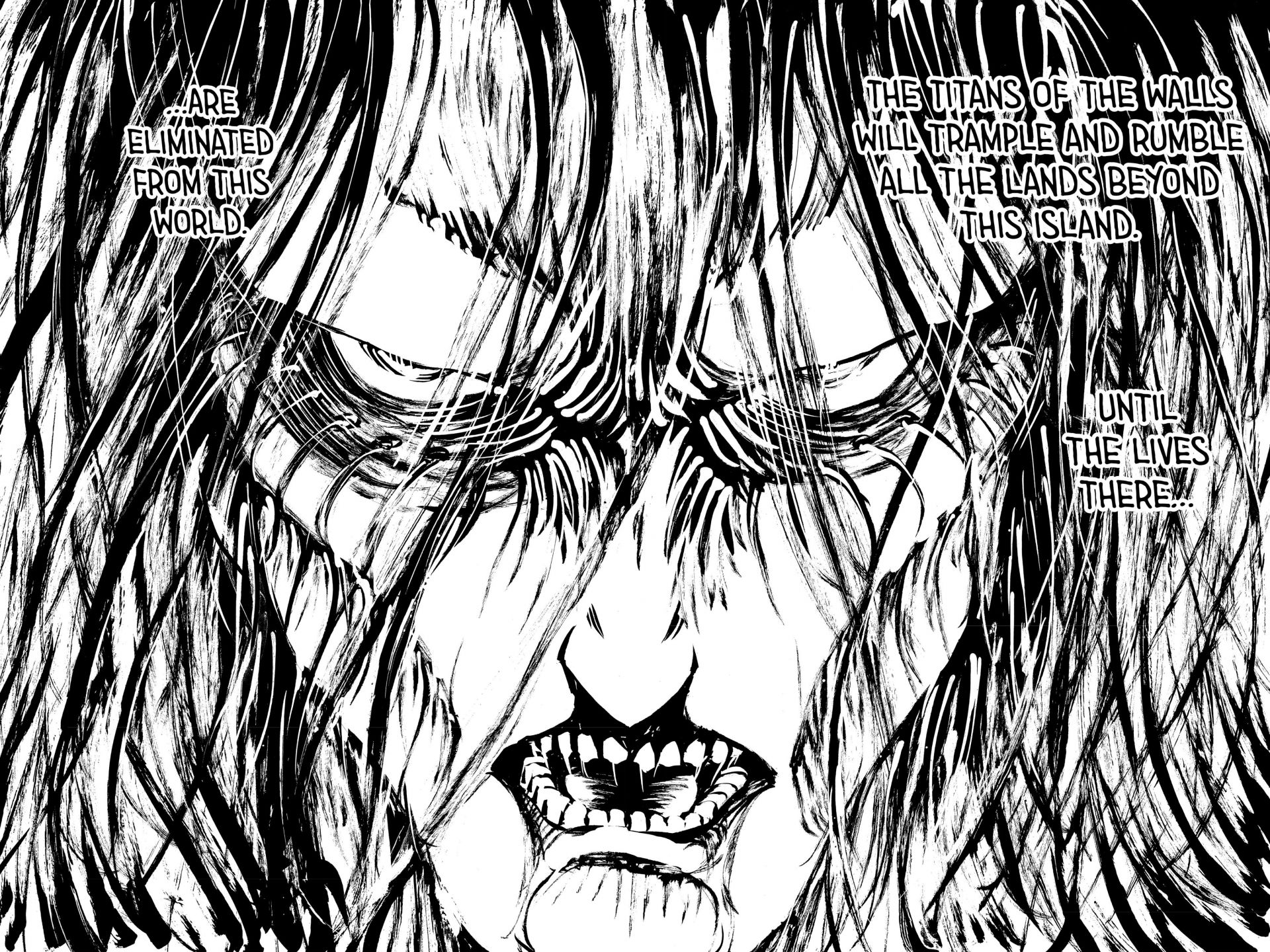
Eren Yeager, the protagonist of "Attack on Titan," enters the narrative with a fierce and unwavering determination to protect his friends and eradicate Titans. His motivations are primarily driven by the haunting memories of his mother being devoured by a Titan, which instilled in him a profound sense of injustice and rage. Eren’s initial goals can be broken down into several key factors:
- Desire for Freedom: Eren’s overwhelming desire for freedom is a cornerstone of his motivation. He seeks to break free from the walls that confine humanity and, metaphorically, from the Titans trapping their futures.
- Protection of Loved Ones: Eren's commitment to safeguarding those he loves, such as Mikasa and Armin, keeps him driven. This protective nature is a fundamental aspect of his personality and shapes many of his decisions.
- Understanding His Identity: Eren battles with his identity as a Titan shifter, struggling to comprehend what that means for him and those around him. This inner turmoil pushes him to seek the truth behind his powers.
Before the Rumbling, Eren's motivations are steeped in a blend of vengeance and a quest for understanding. His relationship with his friends fuels him, making the stakes of their battle higher than just survival; it's about securing a future where people are not enslaved by fear. Little does he know that this quest would lead him down a path of destruction and moral quandary.
The Catalyst for Eren's Change in Perspective
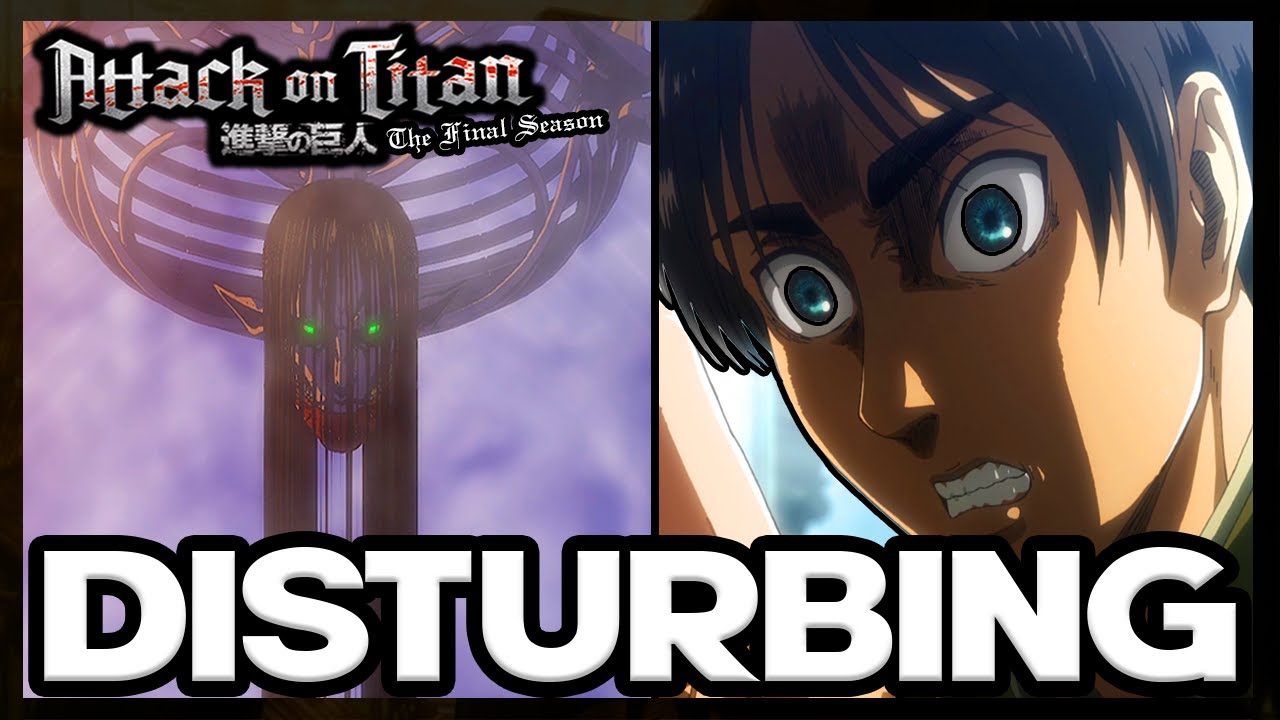
The transition in Eren's mindset leading up to the Rumbling is marked by profound events and revelations that shift his outlook from one of hope to despair and ultimately, to a morally ambiguous path. Several key moments serve as catalysts for this significant change:
- The Truth of His Heritage: Discovering the truth about his ancestry and the burden of being an Eldian plays a crucial role. Eren learns that the cycle of hatred is deeply rooted within the history of Eldians, forcing him to confront a grim reality.
- Impact of the War: The brutality of the war against Marley and the ongoing conflicts drive Eren to believe that all paths to peace are futile. The loss of life and suffering on both sides weighs heavily on his mind.
- Isolation from Friends: As Eren becomes increasingly isolated from his friends and allies, he feels a growing chasm between himself and those who once stood by him. This rift accentuates his feelings of loneliness and despair, cementing his belief that the only solution is through the Rumbling.
These catalysts combine to form a stark shift from Eren’s once hopeful perspective. Rather than seeking cooperation and understanding, he comes to view the Rumbling as a necessary evil—an act meant to quell the cycle of violence once and for all. The tragedy of his transformation lies not just in his acceptance of this course of action, but also in the emotional toll it exacts on him as he grapples with the weight of his choices.
Eren's Emotional Turmoil During the Rumbling
Eren Yeager's emotional landscape during the Rumbling is a complex tapestry woven from feelings of anger, despair, regret, and a yearning for freedom. As the colossal Titans marched across the world, Eren grappled with the weight of his choices and the consequences that accompanied them. At first glance, it may seem that Eren is driven solely by vengeance against humanity, but underneath that surface lies a profound inner conflict.
Unlike the stoic figure he often presents, Eren's internal monologue reveals a tumult of emotions. Here are some key aspects of his emotional struggle:
- Anguish: Eren experiences deep sadness as he destroys the world that has caused him and his friends so much pain.
- Regret: He reflects on his earlier dreams of freedom and how they've morphed into a nightmarish reality.
- Isolation: Even as he leads the Rumbling, Eren feels more alone than ever, distanced from his friends and allies.
- Justification: While he knows that his actions are extreme, he convinces himself it's the only path left to ensure peace for Eldians.
This conflicted mindset creates turmoil that echoes throughout the series, eventually leading to moments of vulnerability. Eren’s emotional journey is not just about averting threats; it's also a deep exploration of what it means to sacrifice everything for a perceived greater good.
Confrontation with Friends and Allies
One of the most poignant moments in Eren's journey occurs during his confrontations with former allies and friends. Eren, now transformed into a being driven by the terrifying power of the Rumbling, must face the harsh reality that his decisions have irrevocably changed his relationships. The tension is palpable as characters who once stood side by side now find themselves on opposing sides of an ideological war.
This confrontation is not merely physical; it's deeply emotional, characterized by betrayal, sorrow, and a desperate plea for understanding. Here’s how these encounters unfold:
- Understanding vs. Betrayal: Friends who once shared the same ambitions now struggle to comprehend Eren's drastic shift, feeling a sense of betrayal while yearning for the Eren they once knew.
- Desperation: Characters like Mikasa and Armin find themselves grappling with their emotions as they attempt to reason with Eren, showcasing the complexities of friendship against the backdrop of apocalyptic stakes.
- Acceptance: Some allies need to accept the new reality—not just of Eren's transformation but also the frailty of their bonds, as their motivations clash in a painful manner.
This emotional climax of the series ultimately questions the boundaries of loyalty and love. Eren’s confrontations illustrate how the burden of choice often leads individuals down paths where they must confront their own humanity. It's a powerful exploration of how relationships evolve—or dissolve—under the weight of monumental decisions, and it resonates deeply in the hearts of fans. Ultimately, it creates a poignant reminder that conflict is as much about emotional stakes as it is about ideological differences.
Consequences of the Rumbling
The Rumbling was a catastrophic event that changed the world irrevocably. Eren Yeager, the protagonist of the series “Attack on Titan,” unleashed a power that transformed countless Colossal Titans into a deadly force, trampling over the world beyond Paradis Island. But what were the consequences of this devastating decision?
Firstly, we need to consider the massive loss of life. The initial march of the Titans resulted in:
- Millions of deaths: Entire cities were wiped out, and the casual toll on humanity was unfathomable.
- Widespread destruction: Besides the loss of lives, infrastructure and culture were obliterated. Communities and historical landmarks disappeared in an instant.
Secondly, there's the psychological impact. Survivors of the Rumbling faced:
- Tremendous trauma: Many were left to cope with the lasting pain of losing loved ones.
- Hatred and resentment: The survivors often turned against each other, blaming the Eldians for the catastrophe.
Lastly, politically, the world was forever altered. Nations united in fear and rage against Eldians, leading to:
- Increased tensions: The aftermath marked the beginning of a new era of hostility and conflict.
- Potential retaliations: Countries began to strategize on how to respond, fearing that the threat of the Titans wasn't entirely gone.
In essence, the consequences of the Rumbling were not just felt in immediate destruction but also in the lingering emotional and political turmoil that followed.
Analyzing Eren's Regret
Throughout “Attack on Titan,” Eren Yeager evolves from a naive young boy to a man burdened by the weight of his choices. After unleashing the Rumbling, he began grappling with profound regret, and it’s crucial to analyze the depth of those feelings.
Eren's regret primarily stems from:
- The scope of destruction: Understanding the magnitude of loss he caused hit him hard. The faces of those lost haunted him, making him question whether all that death was truly worth achieving freedom for his people.
- Isolating his friends: Eren’s motivations created a rift between him and his closest allies. He realized that he effectively sacrificed their relationships for the sake of his goal.
His emotional turmoil manifests in several ways. He experiences:
- Self-loathing: Eren despises the monster he has become, a stark contrast to the passionate young man who once vowed to eliminate Titans.
- Loneliness: Despite having power, Eren ends up feeling isolated, burdened by the choices that separated him from compassion and camaraderie.
Ultimately, Eren's regret adds layers to his character, illustrating the dichotomy of his quest for freedom paired with the moral complexities of his choices. His emotional journey serves as a haunting reminder of the costs of power and the sacrifices made in the name of freedom.
Thematic Implications of Eren's Regret
Eren Yeager's journey in "Attack on Titan" is punctuated by his deep-seated regrets, particularly concerning the Rumbling—a catastrophic event that unleashed chaos and destruction. Eren's regret serves not only as a personal reflection but also as a thematic focal point, weaving together several intricate concepts that enrich the narrative.
One of the primary themes that emerge from Eren's regret is the *moral ambiguity of choices. Eren's choice to initiate the Rumbling, believing it to be the solution to the relentless cycle of hatred, starkly contrasts with the devastating realities that unfolded. His regrets prompt viewers to contemplate the complexity of ethics, questioning if the end justifies the means. Was Eren's vision of a world free from oppression worth the gargantuan cost? This ethical quandary invites audiences to engage in their own introspections about sacrifice and the righteous path.
Another significant implication is the theme of freedom and confinement. Eren's desire for freedom—both for himself and his people—ultimately led him to become a prisoner of his own choices. This paradox illustrates how the quest for liberation can often lead to self-imposed shackles, reinforcing the idea that the journey towards freedom can be perilous and fraught with unintended consequences.
Moreover, Eren's regret encapsulates the emotional weight of loss and nostalgia. As he scans the aftermath of his actions, the faces of fallen friends and family resurface in his mind, rendering an intense sense of melancholy. This evokes the relatable human experience of wishing to turn back time and make different choices, a sentiment most people grapple with at various points in their lives. Overall, Eren's regret serves as a powerful narrative tool, pitting the ideal against the real and urging viewers to examine the far-reaching impacts of their decisions.
Conclusion
In conclusion, Eren Yeager's journey through regret and reflection following the Rumbling invites a myriad of emotional and philosophical inquiries. His choices resonate with audiences on both personal and universal levels, as they highlight the inevitable tension between dreams and reality. Eren’s poignant regrets reveal a deeper commentary on the human condition*, evoking themes of morality, freedom, and loss that reverberate beyond the confines of his story.
As we grapple with the aftermath of Eren's actions, it becomes evident that his reflections illuminate the complexity of our decisions and their consequences. The catastrophe he unleashed is not just a plot device but a stark reminder that every decision bears weight, carrying the potential for both monumental change and heart-wrenching regret.
Ultimately, Eren's journey serves as a cautionary tale—one that pushes us to consider our own paths and the choices we make in the pursuit of what we believe to be right. It challenges us to reflect on the delicate balance between ambition and morality while reminding us that redemption is often a steep, winding road filled with reflection and sorrow. Eren's story, marked by his profound regret, resonates long after the final pages are turned, leaving us pondering the true meaning of freedom and the cost of our choices.








